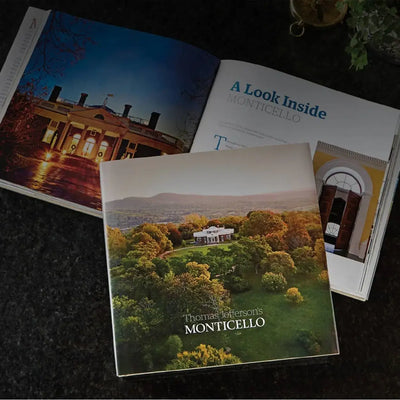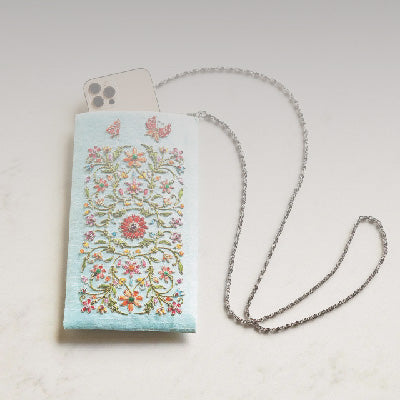In the 580 documents in this volume, Thomas Jefferson's incoming mail covers a wide range of fascinating topics. He receives impressions of a mammoth's tooth, altitude and meteorological observations, a call for a national pharmacopoeia, a discussion of primeval geology, and a letter that elicits Jefferson's opinion that cognition exists "in animal bodies certainly, in Vegetables probably, in Minerals not impossibly". Jefferson leases his Tufton and Lego plantations to his grandson Thomas Jefferson Randolph. The directors of the Rivanna Company rebut his 1817 bill of complaint. Jefferson unwittingly ensures his eventual financial ruin by endorsing notes totaling $20,000 for Wilson Cary Nicholas. The death of Tadeusz Kosciuszko brings sadness and doubts whether he should act as his executor. Retaining his keen interest in American history and culture, Jefferson adds to the collection of the American Philosophical Society, discusses his own and Patrick Henry's contributions to the American Revolution, and writes an extended introduction to the "Anas", a corpus of official papers and candid political anecdotes documenting his service as George Washington's secretary of state. Jefferson drafts legislation to establish a comprehensive system of public education in Virginia. He attends a Masonic cornerstone-laying ceremony for the nascent Central College's first pavilion early in October 1817 and is greatly pleased by the passage on 21 February 1818 of a law establishing a commission to plan a new state university, raising his hopes that Central College might soon become the University of Virginia.
Hardcover, 728 pages.
J. Jefferson Looney is editor of The Papers of Thomas Jefferson: Retirement Series, which is sponsored by the Thomas Jefferson Foundation, Inc., Charlottesville, Virginia. He was formerly editor and project director of the Dictionary of Virginia Biography, and is the author or editor of several works on the history of Princeton University.









